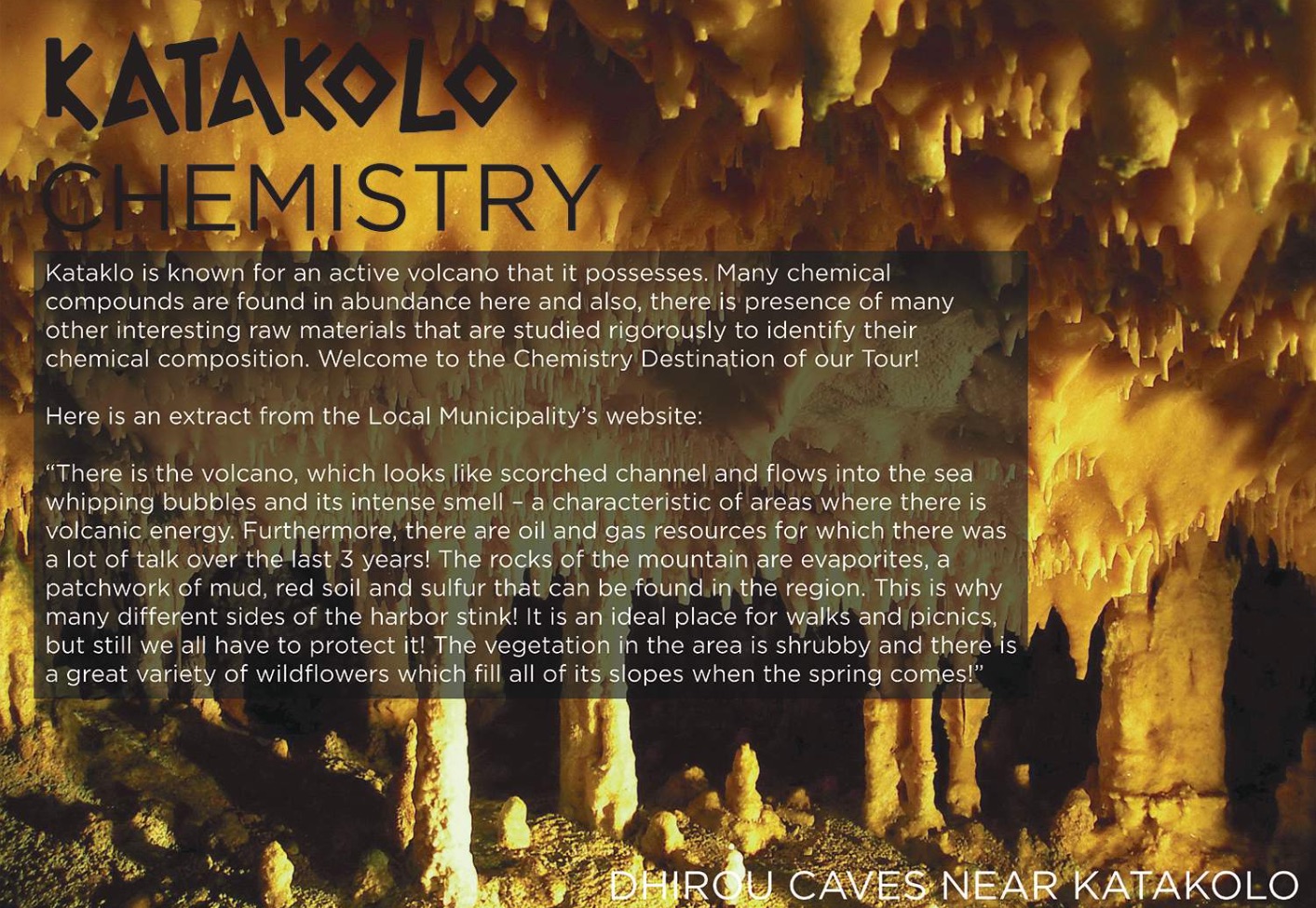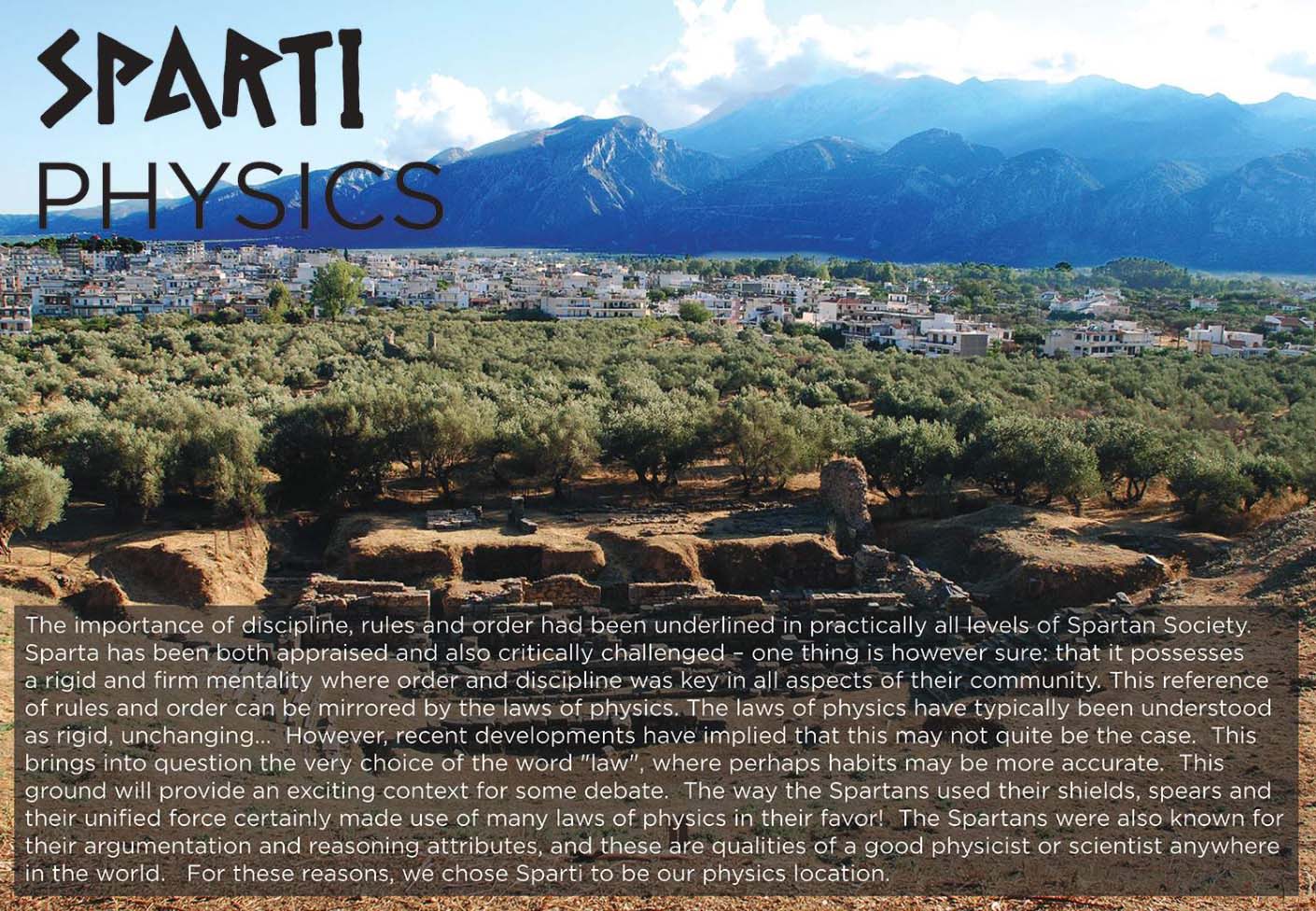The Peloponnese peninsula’s natural beauty and rich cultural history make it an attractive location for place-based learning, and we’ll have ample opportunities to delve deep into many aspects of our curriculum. The ancient Greeks did a lot to advance the fields of mathematics and sciences, and as we advance along our itinerary, our focus will be on furthering our understanding of why they placed such a strong importance on these fields of study. Over the course of our journey, we’ll be exposed to aspects of biology, physics, chemistry, astronomy, engineering, navigation, history, and mathematics, all through the lens of human ingenuity.
Human Ingenuity
Even today, 2,600 years later, the ancient Greeks are still heralded for their many varied accomplishments that helped shape the foundation of Western civilization. Their strive for excellence was powered by human ingenuity, and it led to many concepts and inventions that we still utilize today: democracy, philosophy, cartography, medicine, even the dreaded morning alarm clock, just to name a few. So as we explore the Peloponnese peninsula, discussing Pythagoras and his theorem, Aristotle and his philosophies, and Archimedes and his inventions, we’ll frame our conversations around their ability to overcome challenges through creativity, originality, and inventiveness.
Archimedes of Syracuse
Grade 9/10 Reflection
During their journey, our ninth and tenth graders will be keeping a logbook that they will update at the end of each day with highlights, photos, one-take videos, and reflections based on their experiences exploring the concept of human ingenuity. The process of self-reflection will play an integral role during our travels, and each student will be given sufficient time each evening to digest the events of the day.
Grade 11 Reflection
Our Grade 11 students will be engaged in similar activities as the ninth and tenth graders, but their focus, and the product of their learning, will be different.
Each Grade 11 student will work on constructing an iBook over the course of the trip, compiling text, photos, videos, animations, and other bits of multimedia that captures the spirit of their adventure. Each iBook will contain three elements, the idea being that the students will use their observation skills as they travel to collect, absorb, and record information relevant to the three elements.
The three elements are:
Element 1: An element of their enjoyment which they wish to express/investigate/consider.
Element 2: Find information that is of use to complement, solidify, or bulk-up an aspect of one of their IB science-based courses (geography, ESS, or biology)
Element 3: Come up with a plan and description for their IB mathematics project
At the conclusion of our Peloponnese weXplore, each student will finalize their personalized learning experiences through blog posts and videos and make the decision whether to share their experiences with the public. For those students who do decide to share, we look forward to sharing their finished products with you.
Where we are headed and topics of discussion
A list of planned activities and discussions for our Pelopponesse weXplore can be found below.
Click to open a larger version of the map in a new window (recommended)
- Corinth Canal: engineering and navigation
- Monastery of Spilaio: architecture, engineering, and history
- Vouraikos Gorge Train Trip: engineering and mathematics
- Diros Caves: geography and biology
- Evening picnic and star-gazing in the darkest region of Europe: astronomy and mathematics
- Tripoli: urban planning
- Fortified town of Mystras: urban planning, architecture, engineering, and history
- Sparta: olive oil production, biology, and history
- Foloi oak forest: biology
- Ancient Olympia: history and sport
- The island of Monemvasia: geography and urban planning
- Elafonisos: beach region that will serve as the site of the TGS Olympic Games
- Nafplio: architecture,geography, and urban planning
Highlights (click to enlarge)




Follow along on Instagram!
As always, our students and staff will be sharing photos from their explorations on Instagram. Search for the hashtag #tgsgreece? in the Instagram app or check back here regularly for updates.